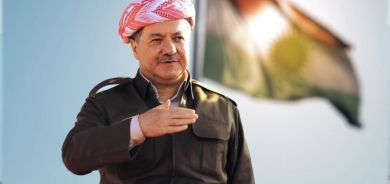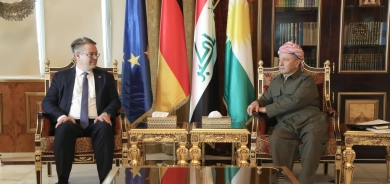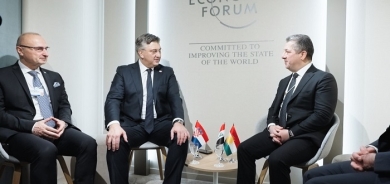Al-Maliki’s Challenge to the KRG

This transformation also had an immediate and long-term impact on the Kurdish national liberation struggle itself. Instead of achieving their goal of autonomy and in the long-term an independent Kurdish entity through insurgency, the Kurdish leadership came to see state-formation and institution-building as the most efficient strategy to achieve its goals. Despite its own foolish civil war in the mid-1990s, since 1991 the KRG has evolved into a de facto state, which runs its own affairs in almost every aspect. Indeed, since 2003, the KRG has been the most thriving and secure part of Iraq, completely separated from the political chaos and civil war that have characterized other parts of Iraq. More significantly, during this era the KRG has gone through a long, even though not always a successful process of democratization. From the most politically and economically backward region in the Iraq, the KRG has become a symbol of political progress. Once again it must be stressed that this has been accomplished by pursuing the peaceful path as war against Baghdad would risk everything that has been achieved to date.
Whoever is in power in Baghdad, however, finds it difficult to accept an autonomous KRG and seeks to once again reduce it to Baghdad’s strict rule. Many different ways to accomplish this have been attempted. For example, just recently, Baghdad refused to include the KRG’s peshmerga budget in the 2013 Baghdad federal budget on the grounds that the peshmerga were not part of the Iraqi defensive system. Iraqi Prime Minister Nouri al-Maliki declared that he would fund the peshmerga only if they placed themselves under his federal authority. Maliki also denounced the continuing presence of a few Turkish troops in the northern bases of the Kurdish region in Amadiyah and Bamarni since 1995.
However, given the genocidal history of Baghdad’s relations with the Kurds, the KRG would be foolish to submit its ultimate guarantee to the tender mercies of Maliki. Indeed a senior official at the Ministry of Peshmerga Affairs rightfully called Maliki’s demands an “illusion.” Furthermore, Maliki’s suggestion that Baghdad create a Tigris Operations Command that would also have units within Kirkuk illustrate how his actions are escalating the tensions and threatening the existence of the KRG.
Therefore, the KRG response must be a firm, but peaceful “no.” Preserve the peace with a strong sword. As long as the Kurds pursue this wise policy of peace through strength, their American allies will support them. If somebody is to turn to war, let it be Baghdad and then the United States and probably even Turkey will react to preserve the KRG because it would be in their own interest. In addition, always remember that as a federal state within Iraq, the KRG enjoys the benefits of independence without its drawbacks. Indeed, arguably the main reason for the KRG’s successes has been its astute diplomacy that has allowed it to walk the narrow line of having a federal status in Iraq. It would be sad for the KRG to throw this all away for a premature, ephemeral high of independence that would likely soon lead to international ostracism and even hostility. Independence will eventually come, but in due time. Patience is a virtue and in this case also a luxury to protect
Professor Michael M. Gunter
Tennessee Technological University
USA

 Michael Gunter
Michael Gunter











